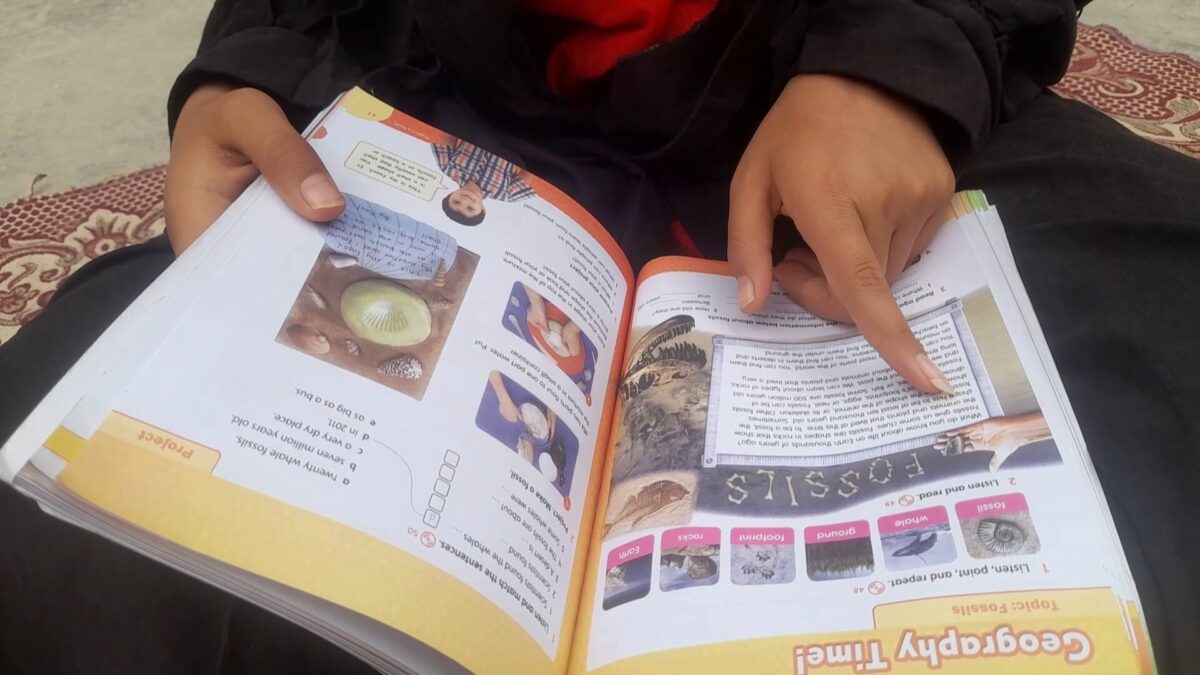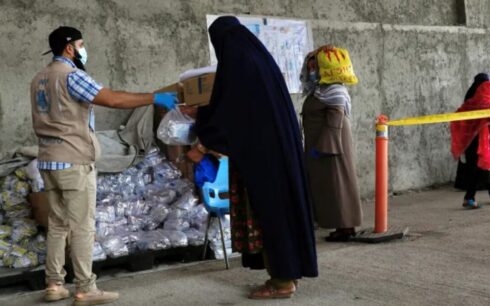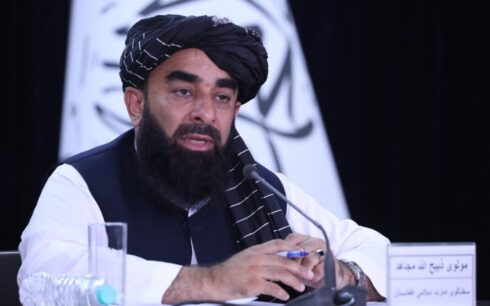KABUL, Afghanistan — The Taliban’s decision to bar women from attending medical and semi-professional institutes has sparked widespread condemnation from Afghan and international activists, with many describing it as a devastating blow to women’s rights and the country’s future.
The National Movement for Peace and Justice, led by Hanif Atmar, Afghanistan’s former foreign minister, called the move a “horrific and catastrophic crime” in a statement released on Tuesday.
“Without any religious or legal justification, the Taliban have deprived the women and girls of Afghanistan of their fundamental rights,” the statement read. The group demanded the immediate reversal of the decree, which it described as a continuation of the Taliban’s systematic suppression of women.
Calls for accountability
Fawzia Koofi, a former MP, also criticized the Taliban’s ban. In a post on X, she indirectly called for the International Criminal Court (ICC) to hold the Taliban accountable.
“All Afghan women and girls are looking to the ICC,” Koofi wrote, addressing ICC Prosecutor Karim Khan.
Sources confirmed to Amu that Hibatullah Akhundzada, the Taliban’s supreme leader, issued the directive to close medical and semi-professional institutes to women. Noor Jallal Jalali, the Taliban’s minister of public health, reportedly conveyed the decision during a meeting with health institute officials in Kabul on Monday.
Officials were informed that women would no longer be allowed to attend these institutions and that the ban would remain in place until further notice.
Loss of the last educational avenue
The decision closes off one of the few remaining opportunities for women to pursue higher education in Afghanistan. Following the Taliban’s ban on women attending universities in December 2022, many had turned to medical institutes as a last resort.
For more than three years, girls have also been barred from attending secondary schools beyond the sixth grade. The Taliban’s latest restrictions are expected to further exacerbate the country’s healthcare crisis, with acute shortages of female doctors, nurses, and midwives already straining the system.
The ban has drawn criticism from health experts, who warn that it will worsen Afghanistan’s already fragile healthcare infrastructure. The exclusion of women from medical education comes as Afghanistan faces severe shortages of female healthcare professionals, vital in a society where many women can only seek treatment from female practitioners.
The Taliban’s sweeping bans on women’s education and employment have been condemned by international human rights organizations, which have repeatedly called for global pressure to reverse the policies.





